The Dean of FK UNS Launches A Book Entitled ‘Cytokines and Chemokines: As Biomarkers of Latent Tuberculosis’
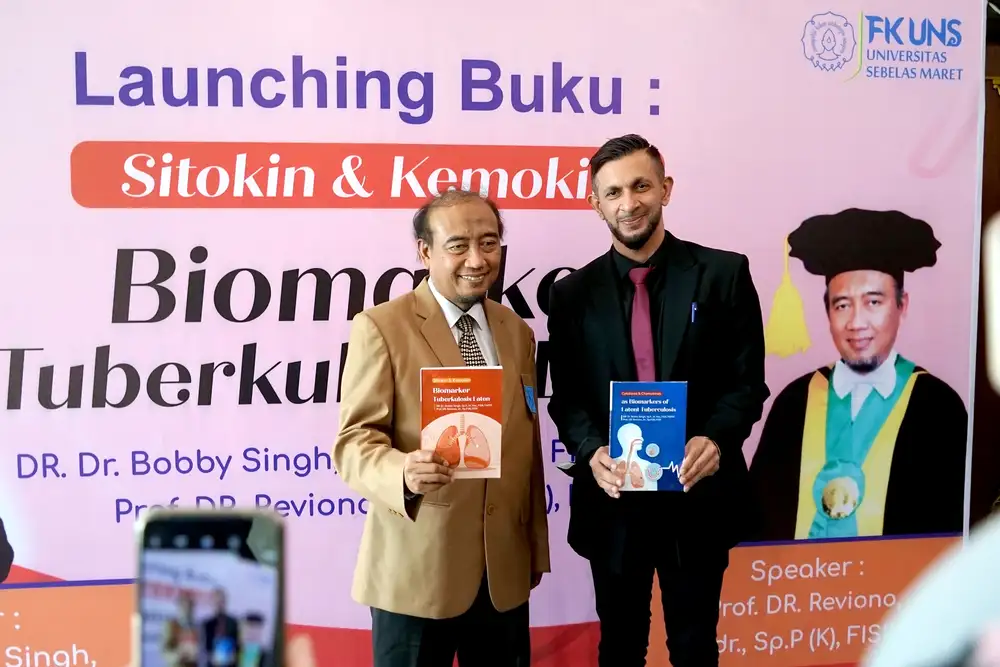
Dean of the Faculty of Medicine (FK) Universitas Sebelas Maret (UNS) Surakarta, Prof. Dr. Reviono, dr. Sp.P(K) with Dr. Bobby Singh, dr. Sp.P., M.Kes., FISR, FAPSR launched the book entitled ‘Cytokines and Chemokines: As Biomarkers of Latent Tuberculosis’. The book launch took place at UNS Inn, Sunday (19/3/2023).
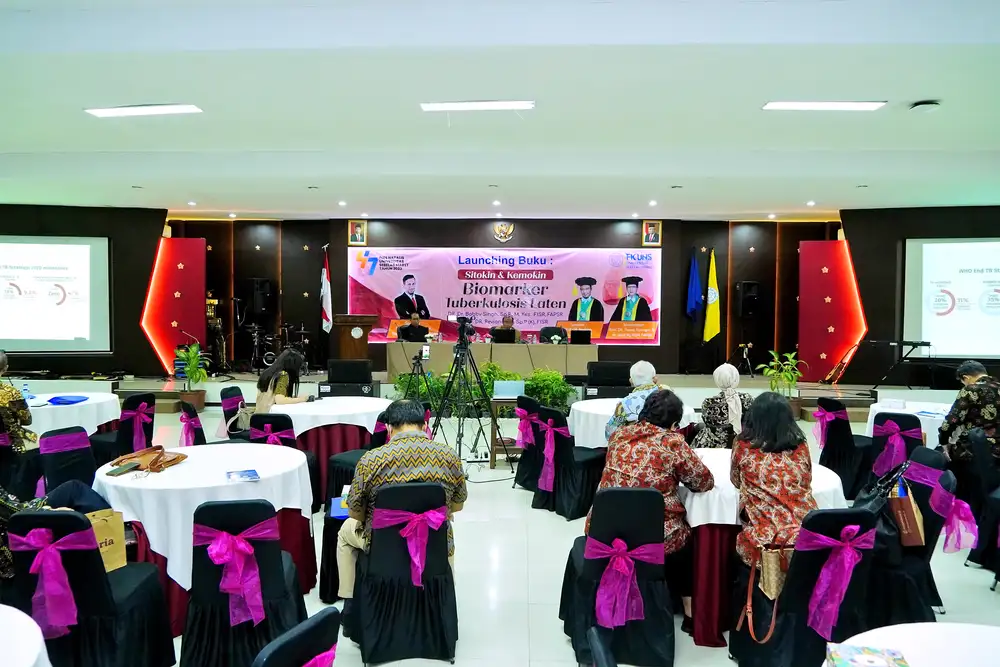
The event was attended by the former Director General (Dirjen) of the Ministry of Health (Kemenkes), Prof. Dr. dr. Tjandra Yoga Aditama, Sp.P(K); Chairman of the Central Board of the Indonesian Lung Doctors Association (PDPI), Prof. Dr. dr. Agus Dwi Susanto, Sp.P(K); Head of the Ministry of Health's Tuberculosis (TB) Working Team, dr. Tiffany Tiara Pakasi; Representative of the Indonesian Tuberculosis Eradication Association: dr. Lily Sri Wahyuni Sulistyowati; and the Indonesian Medical Council, dr. Vonny Nouva Tubasgu, Sp.Rad(K).
During the press conference, Prof. Reviono said that this book was a form of product from the UNS Doctoral Program in Medical Sciences.
“This book contains latent tuberculosis as part of the elimination of tuberculosis in Indonesia in 2035. The target is to stay 10% or experience a 90% reduction in TB sufferers since 2015 and the death rate will also be reduced by 95%," Prof. Reviono explained.
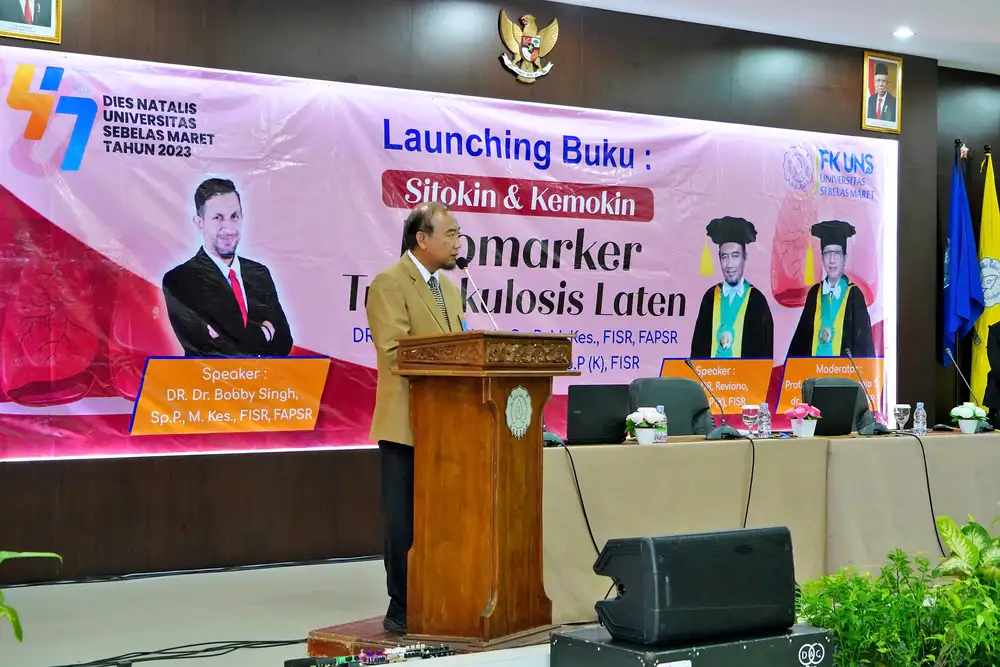
Furthermore, Prof. Reviono explained that the incidence of TB begins with the entry of TB pathogenic germs. In most hosts it will respond adequately by the host immune system, limiting bacterial growth, and preventing infection. Not everyone who is exposed to TB pathogens will develop TB disease.
“About 30% of people exposed to TB germs will be infected with TB, while 70% are not infected. Of patients infected with TB, about 5% will develop active TB within the first 1 year of infection and 95% will have latent TB infection. After 1 year, about 3-5% of patients with latent TB will develop active TB and the rest will continue to have latent TB throughout life," he added.
Dr. dr. Bobby Singh said that with these findings and novelty, it is hoped that this will become an effort to eradicate TB cases in Indonesia.
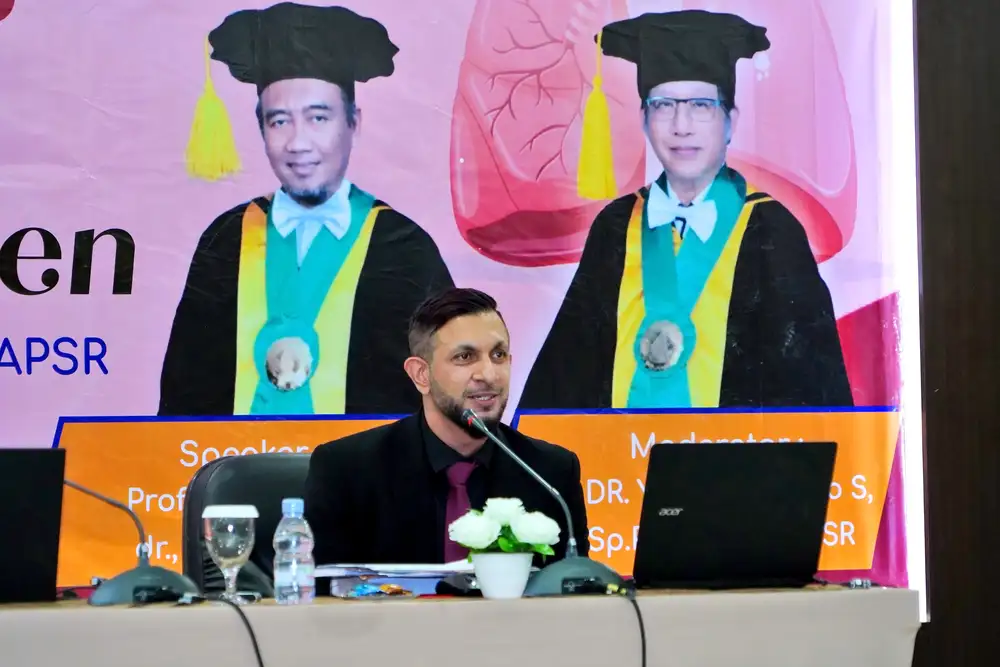
"Through these Cytokines and Chemokines, hopefully those that have been making expensive tests so far, are expected to be cheaper and more effective," dr. Bobby said.
dr. Tiffany Tiara Pakasi (Head of the Ministry of Health's TB Working Team) also explained the three major problems faced by Indonesia in fighting TB cases. First, Indonesia is currently ranked 2nd in the world based on the estimated number of TB cases in the world.
“Second, taking TB medication takes a long time and is consistent. Sometimes, patients in the middle of treatment feel well so they don't continue taking medication, this is what we need to remind the public to finish treatment. We also still have a problem of latent TB infection which if not resolved immediately can become active TB and will continue to run into a vicious circle," she explained.
Representative of the Indonesian TB Eradication Association, dr. Lily Sri Wahyuni Sulistyowati, also said that latent TB could be a factor in transmission. He hopes that through these findings, it can reduce the number of TB cases in Indonesia.
Furthermore, the Indonesian Medical Council, dr. Vonny Nouva Tubasgu, Sp.Rad(K) explained that science and technology are growing, including medical science.
“I welcome this latent TB biomarker. I hope that this examination can be more accurate, sensitive, and can be used to reach the wider community. The hope is that if the coverage is wide, it can be more significant in reducing TB transmission in Indonesia," dr. Vonny explained.
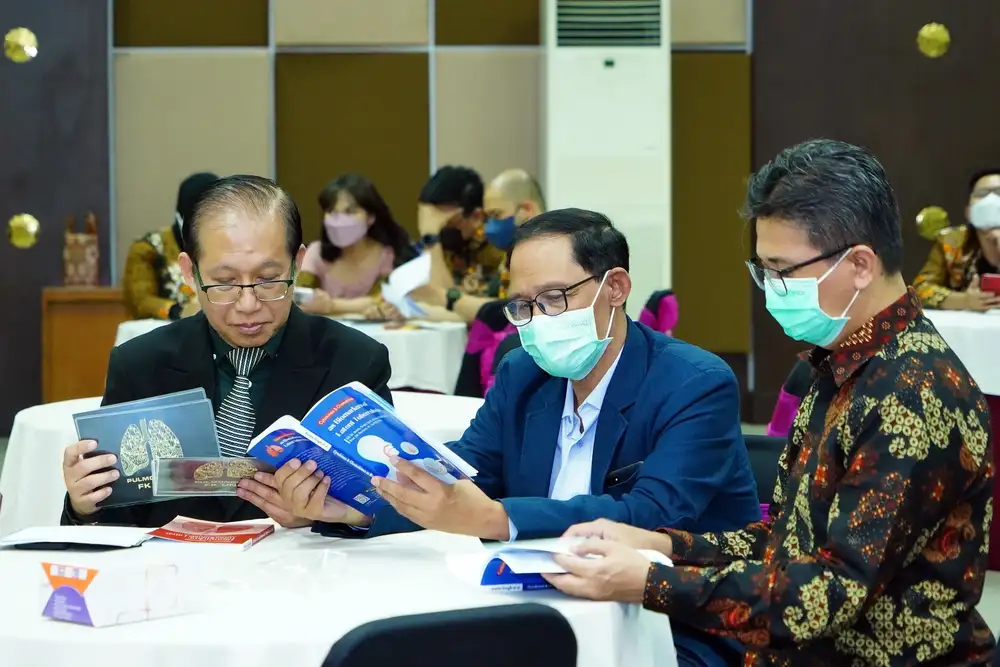
Reporter: Muh. Abu Dawud
Editor &Translator: Wartini
 bahasa indonesia
bahasa indonesia 



